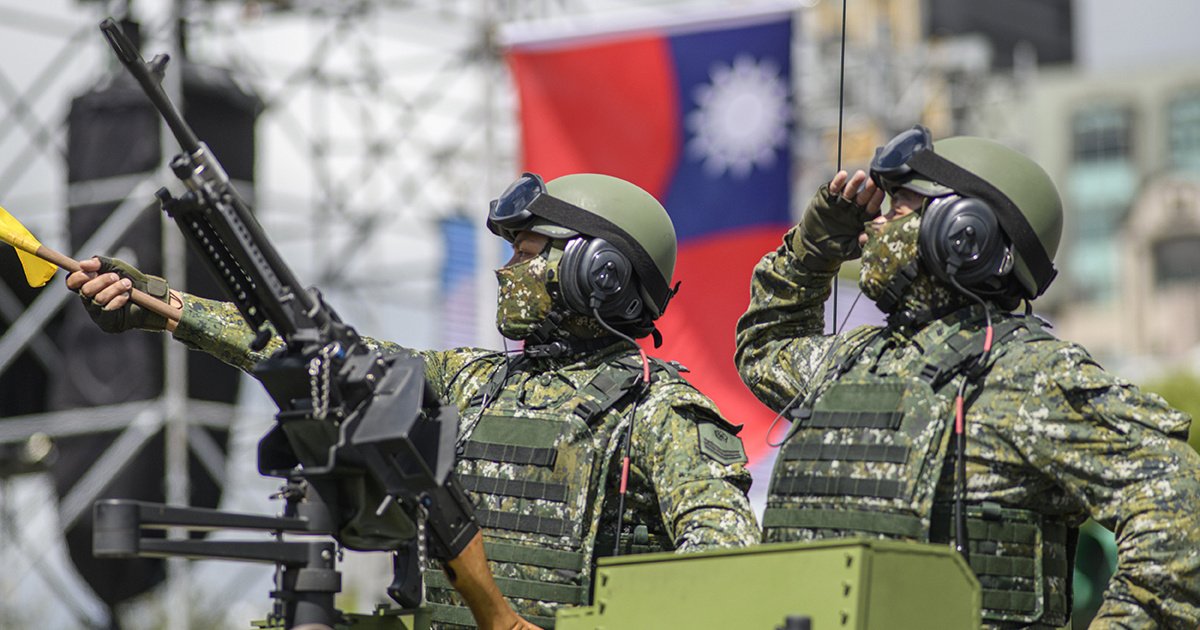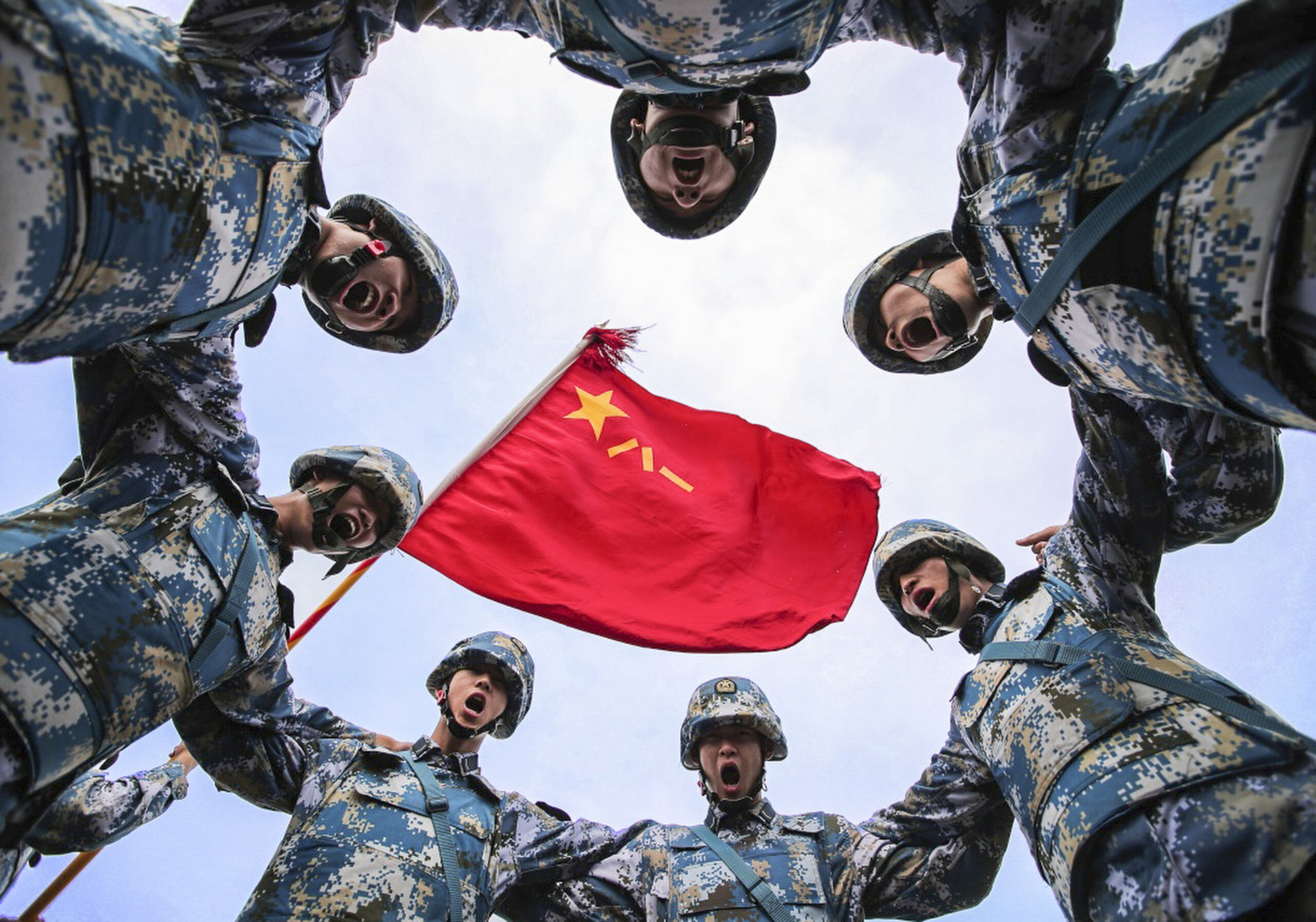Richard Sanders
Taiwan continues to bolster its combat capabilities and acquire advanced military equipment, guided by its national defense strategy, government officials reaffirmed today. Their remarks followed a Nikkei Asia report suggesting that former US President Donald Trump might have urged Taiwan to purchase more arms to address the trade imbalance between the two nations.
Premier Cho Jung-tai (卓榮泰) emphasized Taiwan’s sovereignty and independence, asserting that its efforts to strengthen defense are driven by domestic priorities, not external coercion. Speaking to reporters at the legislature in Taipei, he stated, “If any pressure exists, it is the necessity for us to fortify ourselves against the threat from China.”
Cho further explained that Taiwan’s strategy centers on enhancing self-reliant national defense and responsibly investing in advanced weaponry while considering fiscal constraints. “Peace can be achieved in two ways: by being strong or by surrendering. Taiwan chooses strength,” he declared.
Echoing these sentiments, Minister of National Defense Wellington Koo (顧立雄) pointed out that discussions with the United States have always prioritized practical defensive needs. The government aims to maintain stability in the Taiwan Strait and deter conflicts through shared objectives with the US, he noted.
Koo also highlighted Taiwan’s commitment to increasing defense spending, allocating 3 percent of its GDP based on security needs and economic capacity. He stressed that military readiness encompasses more than weapon acquisition, extending to operational and maintenance costs. Domestic production of defense equipment is another key component of Taiwan’s approach.
Senior military officials revealed updates to the nation’s force structure. While troop levels have remained at 215,000 over the past decade, an annual “rolling assessment” will now replace the previous five-year review system. This shift accommodates new military units, equipment acquisitions, and the reinstated one-year mandatory service requirement, ensuring greater deployment flexibility.
The number of officers, which was recently raised slightly to 292, will be maintained below 300, officials added, reflecting a balance between expansion and efficient resource management.



